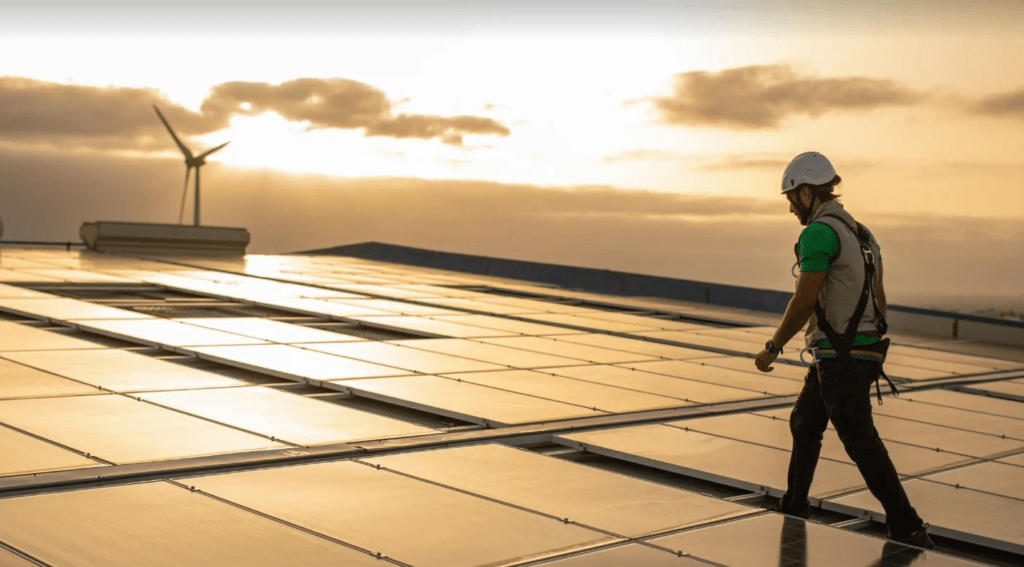The COP28 Presidency and the International Energy Agency (IEA) successfully concluded their High-Level Dialogues series during COP28 in Dubai, bringing together over 40 Heads of State, Ministers, and business leaders from across the globe. The final Dialogue marked a pivotal moment, achieving convergence on crucial elements for a 1.5°C-aligned energy transition.
The final Dialogue, co-chaired by COP28 President Dr. Sultan Al Jaber and Dr. Fatih Birol, Executive Director of the IEA, received substantial support for an ambitious decision on the Global Stocktake at COP28, underlining the commitment to addressing climate change through transformative energy measures.
Dr. Birol outlined an ambitious package across five pillars, garnering significant backing from the participants:
- Tripling global renewable energy generation capacity by 2030.
- Doubling annual energy efficiency improvements by 2030.
- An orderly decline of fossil fuel use demand by 2030, starting with no new coal plants.
- Commitment from the oil and gas industry to align their strategies and investment portfolios with 1.5°C, focusing on a 75 per cent reduction in methane emissions by 2030.
- Financing mechanisms for a substantial scaling-up of clean energy investment in emerging and developing economies.
In his remarks, Dr. Sultan Al Jaber emphasized the critical nature of the just energy transition, stating, “To deliver the highest possible ambitious response to the Global Stocktake, we must work together. I am encouraged by the practical actions brought forward by world leaders today at the final dialogue, and I hope that you take this open mindset and optimism throughout this COP.”
Dr. Birol expressed optimism about the support garnered during the dialogue, stating, “We now need to see this support translate into concrete commitments and action.”
The attendees highlighted robust support for the COP28 Presidency’s Global Renewables and Energy Efficiency Pledge, signed by 130 countries. The urgent need for action on coal, including avoiding new unabated coal plants and accelerating the retirement of existing plants, was a focal point of agreement.
Moreover, there was acknowledgement that countries must seize the opportunity to develop and accelerate their own energy transition plans while supporting developing nations with finance and technology transfer. Initiatives such as the Just Energy Transition Partnerships (JETPs) were identified as effective mechanisms for facilitating a just and orderly energy transition that supports developing countries.
The final Dialogue capped a year of engagements, where key elements of the energy transition, including renewables, energy efficiency, financing, fossil fuel demand and supply, and decarbonization, were extensively discussed. The series of Dialogues, conducted in collaboration with the International Renewable Energy Agency (IRENA) and supported by the United Nations Framework Convention on Climate Change (UNFCCC), demonstrated a collective commitment to actionable targets and accelerated deployment of renewable capacity and energy efficiency.
